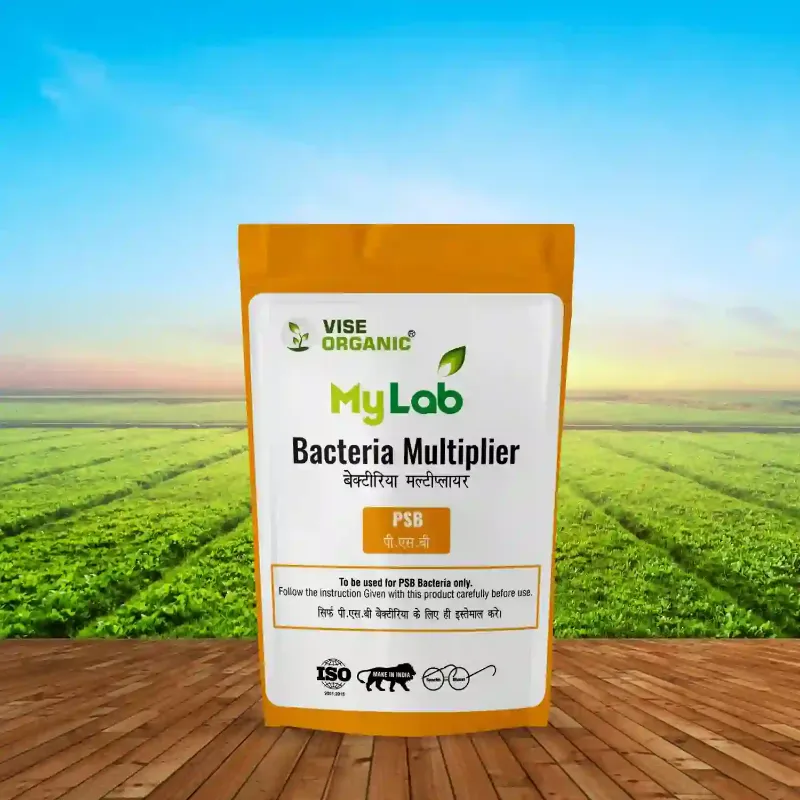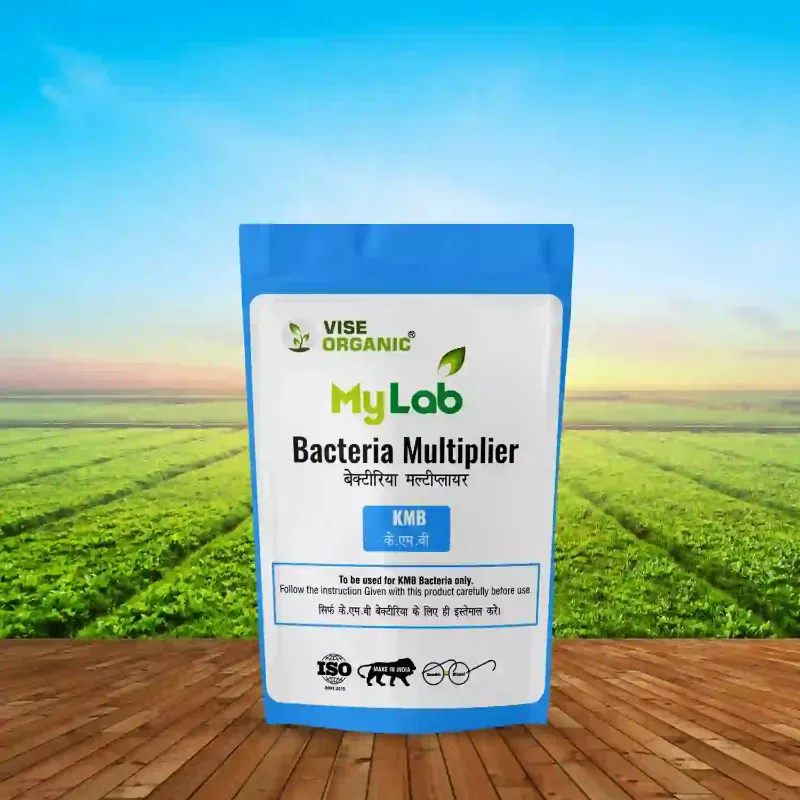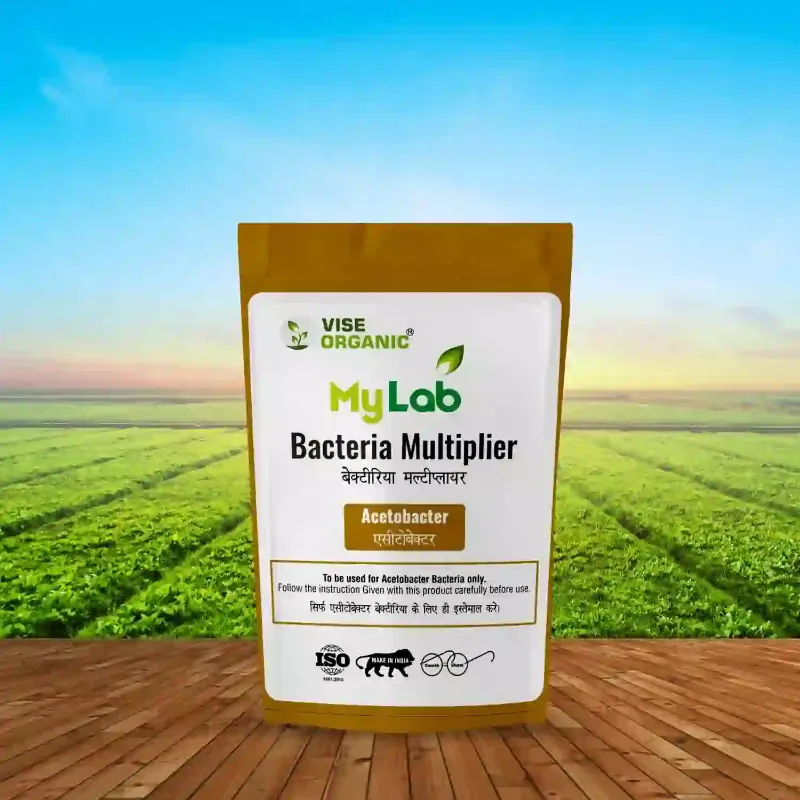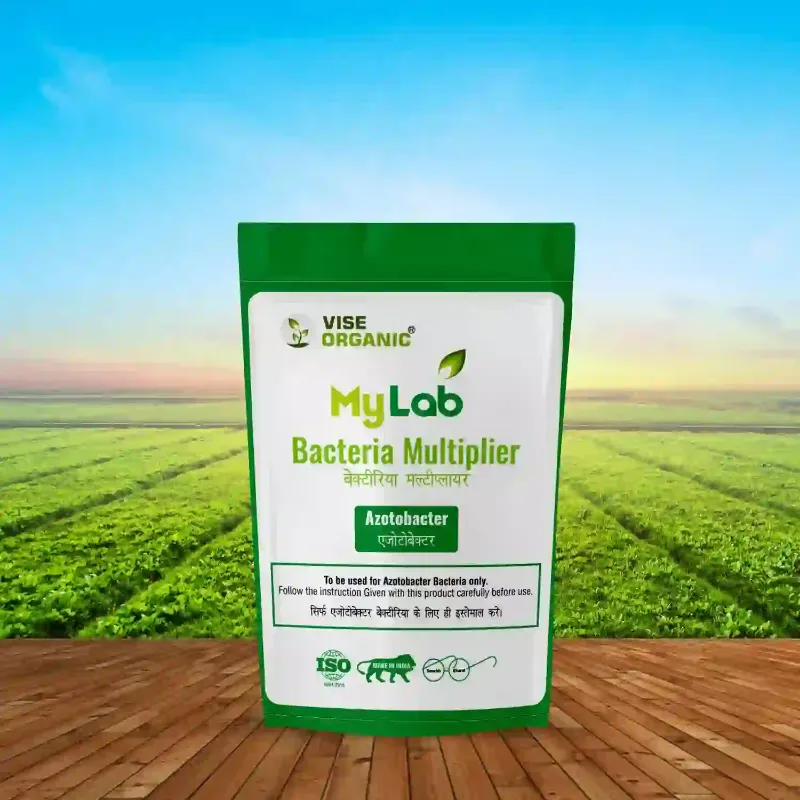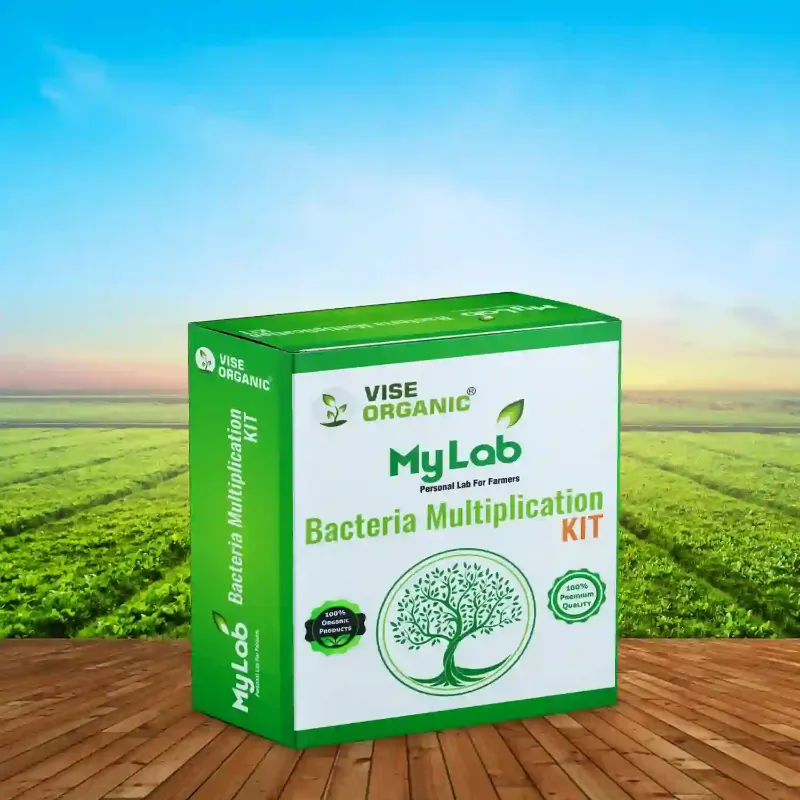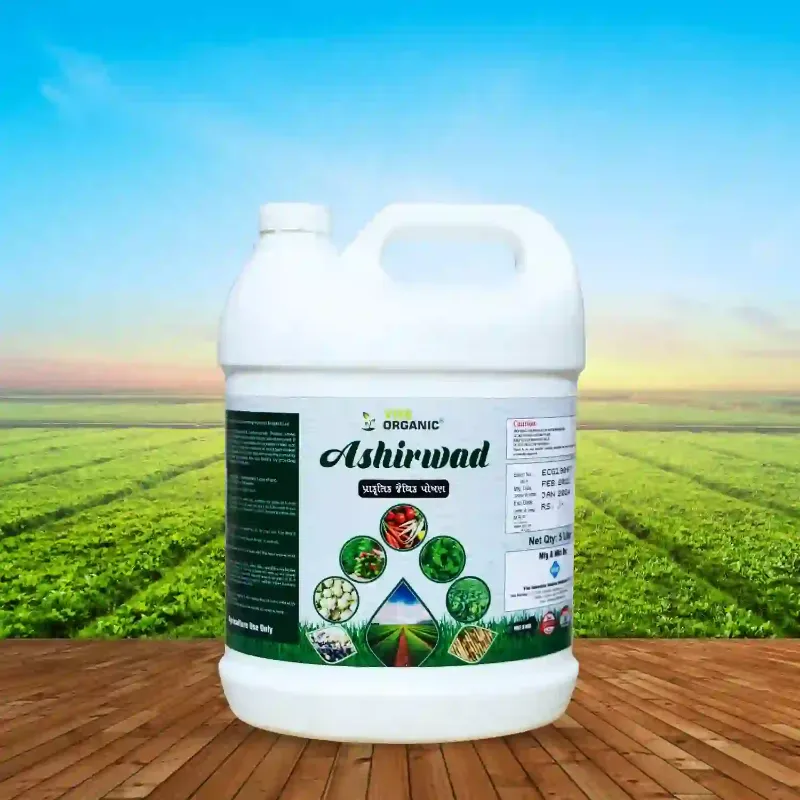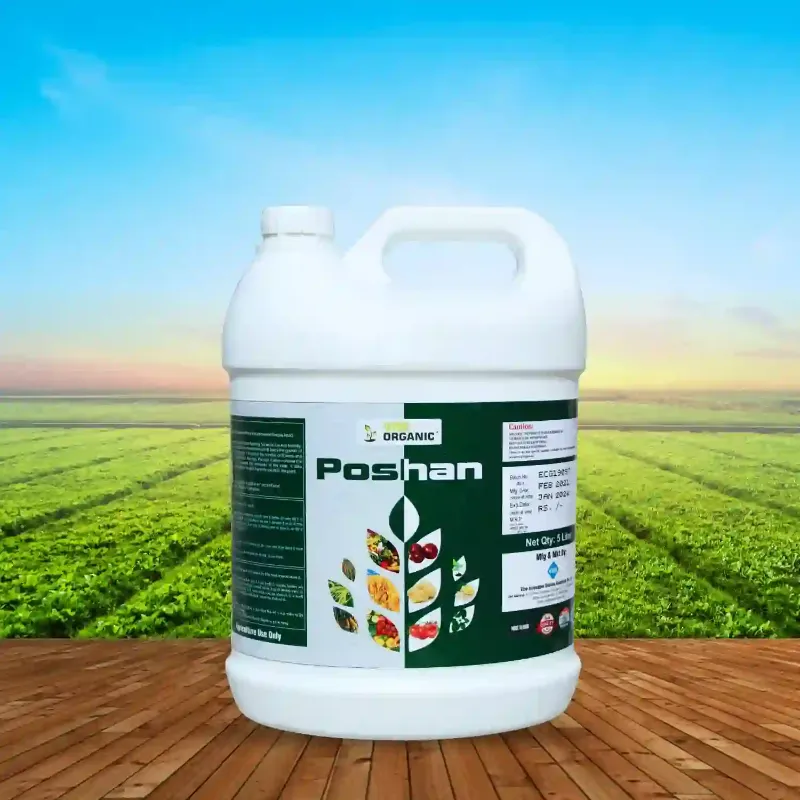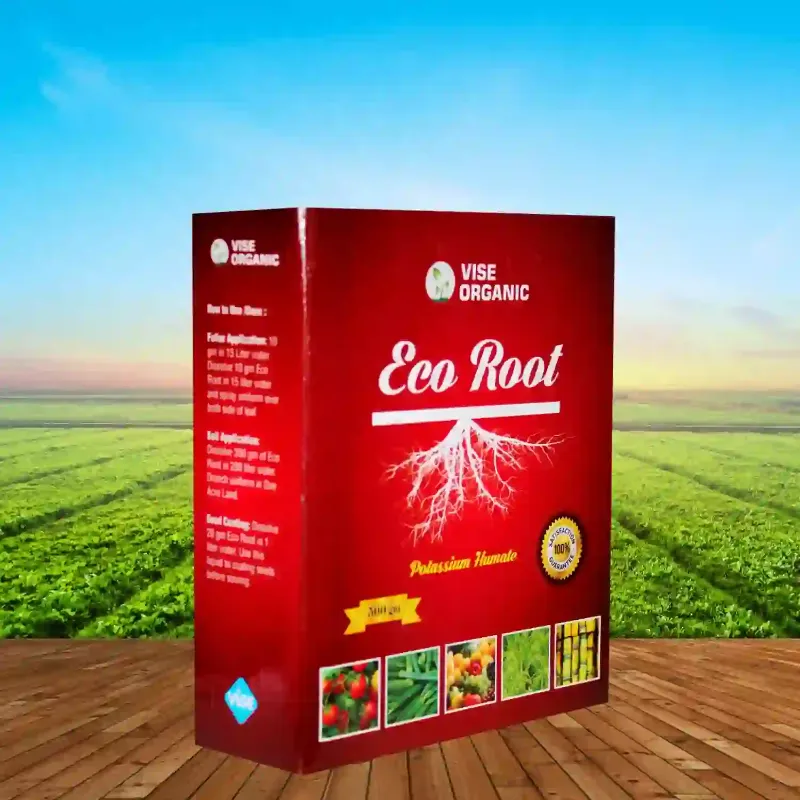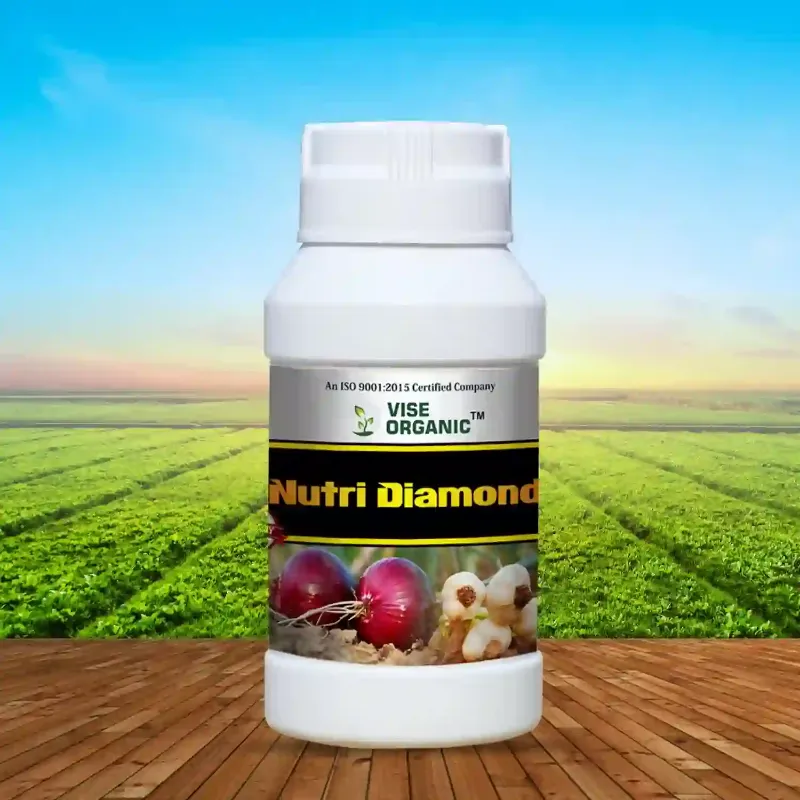While fertilizers are essential for enhancing soil fertility and promoting robust plant growth, overusing these inputs can lead to a range of detrimental effects on both the environment and the plants themselves. It’s crucial for gardeners and farmers to strike a balance in fertilizer application to avoid the potential drawbacks associated with overfertilization.
Nutrient Imbalances
- Excessive fertilizer application can result in nutrient imbalances in the soil. Overloading the soil with specific nutrients, particularly nitrogen, phosphorus, and potassium, can lead to deficiencies or excesses of other essential elements, disrupting the delicate equilibrium required for optimal plant growth.
Environmental Pollution
– Overapplied fertilizers may contribute to environmental pollution through nutrient runoff. Rain or irrigation can carry excess nutrients into water bodies, causing nutrient imbalances in aquatic ecosystems. This phenomenon, known as eutrophication, can lead to harmful algal blooms, oxygen depletion, and negatively impact aquatic life.
Soil Degradation
– Over time, continuous overfertilization can degrade soil structure and reduce microbial diversity. Excessive salts from fertilizers can accumulate in the soil, causing soil compaction and hindering water infiltration. This can lead to impaired root growth, decreased nutrient uptake, and overall degradation of soil health.
Plant Burn and Toxicity
– Certain fertilizers, especially those with high concentrations of salts or synthetic chemicals, can cause plant burn or toxicity when overapplied. This can manifest as leaf scorch, yellowing, or even death of plants. It’s essential to adhere to recommended application rates to prevent harm to plant tissues.
Reduced Water Quality
– Runoff containing excess nutrients from overfertilized areas can contaminate groundwater and surface water, impacting water quality. Elevated nutrient levels in water bodies can contribute to the growth of harmful algae, leading to water quality issues and ecosystem disruption.
Financial Costs
– Overusing fertilizers can lead to unnecessary financial costs for gardeners and farmers. Applying more fertilizer than plants can effectively utilize not only wastes resources but also increases input costs without corresponding benefits in plant growth and yield.
To mitigate these potential drawbacks, it’s essential to adopt a judicious and informed approach to fertilization. Conducting soil tests, following recommended application rates, and employing organic or slow-release fertilizers can help maintain a healthy balance between providing essential nutrients to plants and avoiding the adverse effects associated with overfertilization. By cultivating a responsible approach to garden fertilization, gardeners and farmers can contribute to sustainable agriculture and environmental stewardship.

